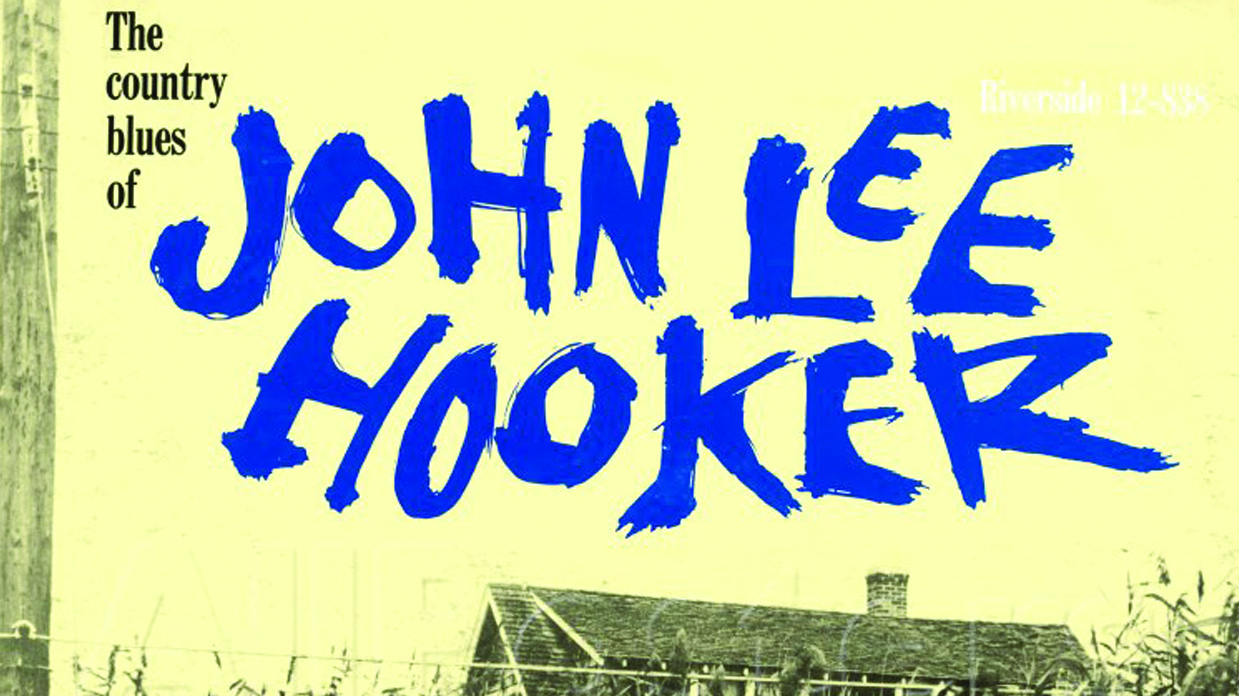By the time Hooker arrived at Detroit’s Union Sound Systems in April 1959, his tropes were established: a reverb-soaked electric guitar and a metronomic stomping foot. It was at this same plug-ugly facility that he’d tracked his breakthrough hit, Boogie Chillen, over a decade earlier.
At these sessions, a markedly different Hooker came to the fore, the bluesman stripped to the bone, tracking all-acoustic material for an album aimed squarely at the folk market by the Riverside label.
You could argue that Hooker is a perfunctory acoustic guitarist, cycling artlessly between a handful of chords, his strings rattling, his tuning clinging to pitch by its fingernails. Perhaps, but he’s a master of special effects, whether evoking a locomotive chug on Pea Vine Special or recreating the toll of the titular Church Bell Tone with a twanged low string.
In any case, the main event is the voice. Originally, Hooker was scheduled to cover Lead Belly tunes, but he professed not to know any, so these are mostly originals (albeit with a heavy debt to everyone in the folk-blues genre). His topics are well-worn – bad women and worse weather – but that deathless drawl holds you rapt. ‘There was women and there was children,’ he tells us on the apocalyptic flood story Tupelo Blues, ‘they was screamin’ and cryin’…’
The chain gang-themed Water Boy is just one chord but doesn’t need another, as Hooker paints a hellish scene where ‘the sun is beating down’ and ‘they feedin’ me slop all day long’, punctuating his tale with dramatic exhalations. Still more powerful is Church Bell Tone, with a doleful Hooker telling us that his baby is ‘way down, way down in shady land’.
The Country Blues Of… split opinion back in the day, with folk fans celebrating the change and others suggesting that it was a backwards step. You wouldn’t want the boogie man to wear these clothes every day, but it’s a wonderful diversion.

